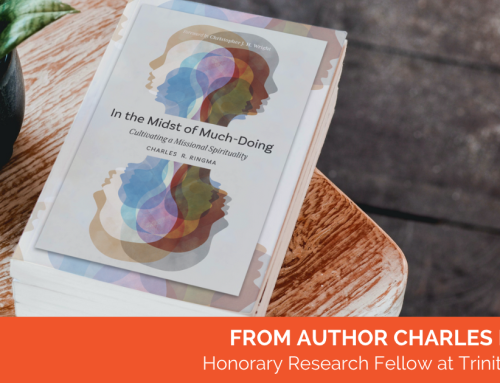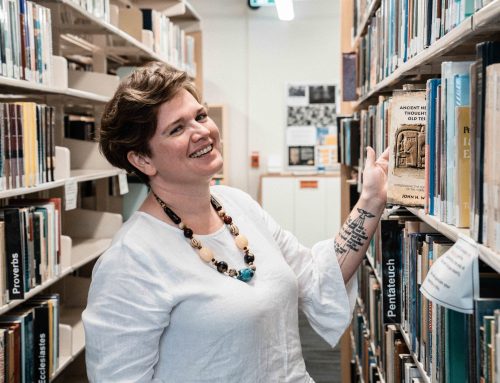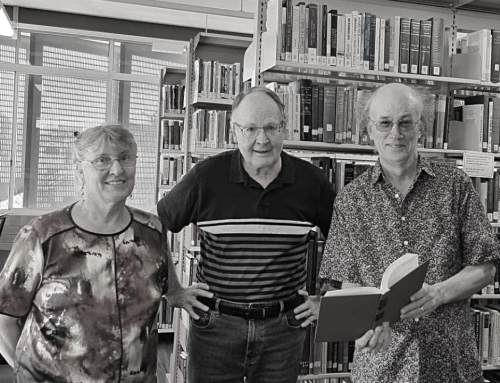It’s a little ironic that at a time when the church’s social services are flourishing, the “gathered worshipping communities” of the church are steadily declining. So often Christians assume that if we demonstrate positive living and genuine care for people, the general population will be so impressed with this that they will come flooding into the church. Thankfully, this sometimes happens, but both church history and current practice suggest that good deeds alone are insufficiently catalytic to encourage people to seriously consider, let alone follow, the person and teaching of Jesus Christ.
Evangelism and witness have always been, and still are, a critical part of the work of the church’s mission to the world. But tragically, evangelism and social action often stand as opposing priorities for both individual Christians and local churches. In our social and political environment, how can we meaningfully engage people in conversations about faith without our witness feeling like a “colonial” invasion of someone else’s belief system.
Evangelism and Missional Community Engagement is a short course designed for anyone who wants to help their church make the leap from “doing nice things for people” to engaging in intentional conversations about faith. The course will cover some basic theory and explore some recent historical patterns in evangelism and mission, but also equip participants with a number of practical tools they can use to begin bridging the gap between their church and the world.
The course also explores the sense of identity out of which we might engage in mission and evangelism. One of the keys to living missionally as an agent of God’s kingdom is the development of a missional identity. Do we see ourselves primarily as church members who sometimes engage in mission . . . or are we missionaries who also gather for worship? Because if “missionary” describes our primary identity, then every moment of each day in any context presents opportunities to be salt and light in the lives of others. Furthermore, if mission itself is not so much a human activity as participation in the very nature of God, who is a “sending” God, then we must do the hard work to return to our churches and lives this crucial aspect of our discipleship. “Mission is therefore seen as a movement from God to the world; the church is viewed as an instrument for that mission . . . to participate in mission is to participate in the movement of God’s love toward people, since God is a foundation of sending love.” (Bosch, Transforming Mission 1991 390)
The course will be held at Trinity College Queensland, Level 1, 60 Bayliss Street, Auchenflower. Wednesday 5th and Thursday 6th February from 9.30am-4pm (note that on Wednesday the course will finish earlier @1pm – Wednesday afternoon can be spent engaging in several readings that will be provided). The presenter is Simon Gomersall, Lecturer in Historical and Contemporary Mission at Trinity College Queensland.







